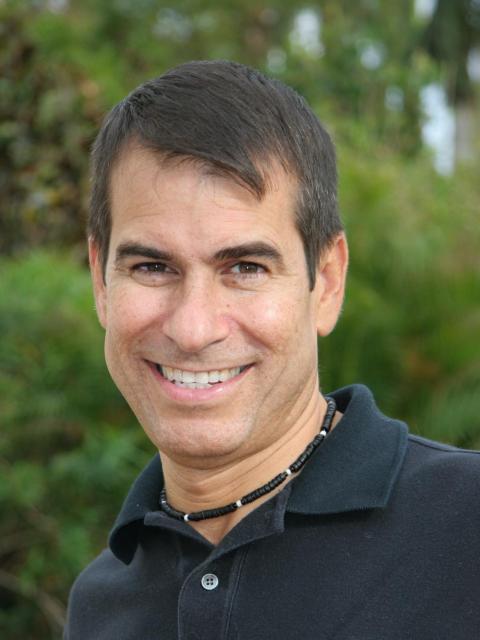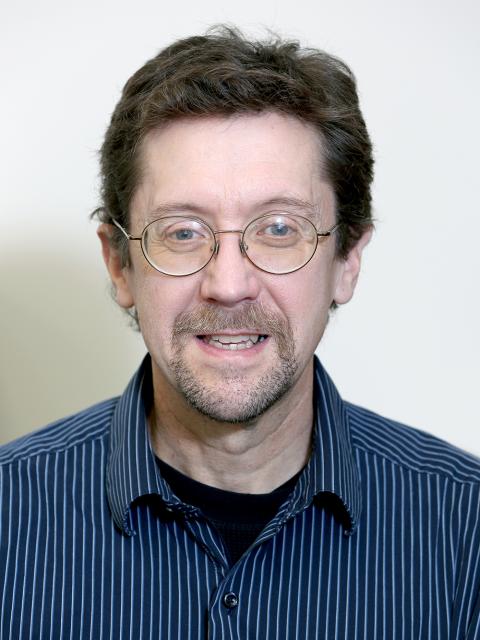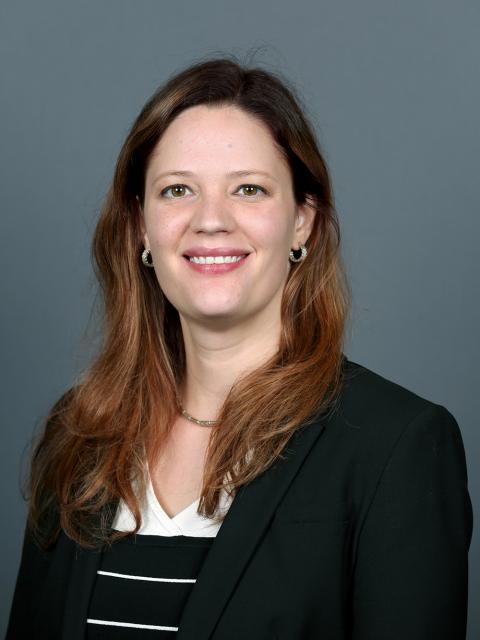Author Alex Sanchez recalled the honor and horror of his 2001 debut LGBTQIA+ novel “Rainbow Boys” garnering enough interest that it was banned and challenged for its sexually explicit content.
“When I was writing it, I was just hoping it would be liked,” Sanchez, of Rochester, N.Y., said in a telephone interview. “I was putting my story on pages and never thought it would happen. On one hand, it was sort of a badge of honor that my book was worthy of getting banned or challenged. I also remember the fear and the feelings of being bullied and wondering if I am going to be attacked for having written the book."

When a book is banned, it also means some libraries may not purchase the book to avoid controversy so youth would have fewer opportunities to read it, particularly diverse teens whose parents may not have or are unwilling to spend money on books. Teens may also be too shy to ask to buy a book that addresses LBGTQIA+ lives, Sanchez noted.
“Rainbow Boys” is the story of three teens dealing with issues of first love, homophobia and sexual identity. The book was a Lambda Literary Award finalist and was named an American Library Association “Best Book for Young Adults.”
The book was also No. 48 on the top 100 banned/challenged books from 2000-2009 and was challenged in 2004 in Texas, 2005 in Arkansas and 2006 in New York. The book was also challenged in 2005 in Owen, Wis., but was ultimately retained by the Owen-Withee Junior and Senior High School, although the superintendent suggested creating a policy of requiring guardian permission to check out the book.
The sequels “Rainbow High” and “Rainbow Road” have also faced challenges to ban them.
Resisting censorship
Sanchez will share his personal experience as part of Banned Books Week from 4:15 to 5:15 p.m. on Tuesday, Sept. 28, on the second floor of the UW-Stout Library. The event sponsored by the Menard Center for the Study of Institutions and Innovation will be moderated by Rickie-Ann Legleitner, UW-Stout English and philosophy professor, and will feature Jacob Reid, a human development and family studies major.
“Having a Banned Books Week event every year is important because most people think the age of book banning is over,” said MSCII Director Tim Shiell. “It’s not. Book bans and attempts to ban books still occur frequently. With MCSII’s focus being on the study, discussion and defense of civil liberties, we want people to be aware of and resistant to censorship.

Sanchez is the first speaker at a Banned Books Week event who has had his books banned or censored, Shiell added.
The Literature Committee; Center for Applied Ethics, women’s gender and sexuality studies; Honors College, the Qube and the University Library are co-sponsoring the event.
Legleitner said which books are taught and which ones are not have an impact on what identities and experiences students are able to learn about, see themselves in and empathize with.
“If you reference the American Library Association’s list of the top 10 most challenged books of 2019, you will notice that eight out of 10 of those books deal with LGBTQIA+ themes,” Legleitner said. “These challenges often make the argument that children should not be exposed to these ideas as if they are inherently confusing or immoral. Bringing attention to works that center the LGBTQIA+ community combats this notion and instead validates those lived experiences,” Legleitner said.
“Works like Alex’s are vital to moving diversity, equity and inclusivity forward and to helping students of all backgrounds and identities feel welcome and accepted. Representation matters, especially so youth who are part of the LGBTQIA+ community and other historically underrepresented groups know that they are not alone and that their voices and experiences matter,” Legleitner added.

Sanchez has published 10 novels. In 2011, the Lambda Literary Foundation awarded him the Jim Duggins Outstanding Mid-Career Novelists’ Prize to honor his body of work. His middle-grade novel for younger readers, “So Hard to Say,” about the friendship between a gay boy and a straight girl, won the Lambda Literary Award. His novel “Bait,” which tackled hard-hitting themes of male sexual abuse, won the Florida Book Awards Gold Medal for Young Adult fiction and the Tomas Rivera Mexican-American Children’s Book Award.
Librarians: ‘free speech champions’
“In my mind the heroes are the librarians,” Sanchez said. “They are huge free speech champions and do believe in diverse voices.”
Born in Mexico City to parents of German-Mexican and Cuban heritage, Sanchez grew up a multicultural immigrant child. Sanchez said he knew he was different from other boys and found his community after high school when he met openly LGBTQIA+ people.
As an author, Sanchez believes books open new worlds for readers.
“The tremendous value of books is they place readers in the hearts and minds of characters in a way visual art or films can’t or at least not in the depth of complexity that books can do,” Sanchez noted.
“Rainbow Boys” was groundbreaking for showing positive LGBTQIA+ characters rather than the mainstream literature that often showed queer characters dying tragically. In literature, strides are continuing to be made to allow teens positive depictions of queer lives, he noted.
Sanchez is now working on his memoir.






